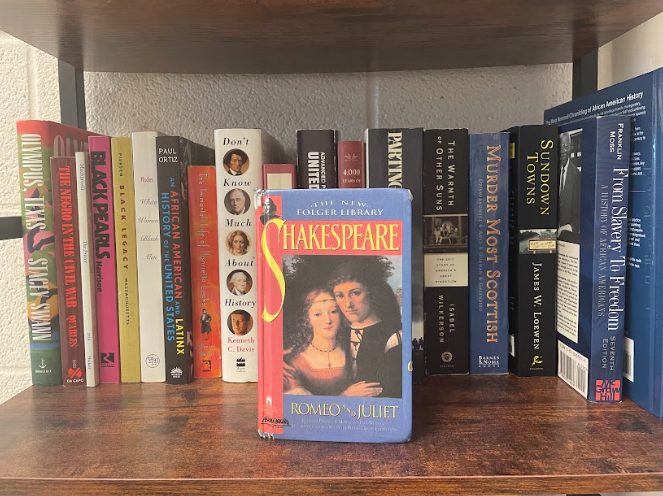Some say the secret to getting through high school is becoming buddies with your teachers. Others say it is avoiding procrastination. However, after four valuable years, I have uncovered the secret to high school: learning how to live in the present.
Living in the present means pretending your life is an Instagram lens. No, I don’t mean you should imagine your life filtered in sepia. What I mean is you should take mental pictures and focus your attention on small details of your high school life – the sights, sounds and vibes that surround you – because before you know it, all you will have is memories.
I promise you, stressing about all the homework you have to plow through tonight is causing you to miss out. Before you let your thoughts and feelings trap you inside your head, focus your attention outward.
Look around your math class. Whom are you sitting next to? What does being in that class at that exact moment feel like? What impact does the teacher have on you? Instead of counting the ceiling tiles and daydreaming about your weekend plans, take a look around and absorb everything.
A few weeks ago, in AP Literature class, I came across a powerful sentence in the book we were reading at the time, Extremely Loud and Incredibly Close. The sentence read, “It was one of the best days of my life. A day during which I lived my life and didn’t think about my life at all.”
This sentence confirmed a concept I had been trying to understand: mindfulness.
According to A Perspective on Science Psychological study, mindfulness is the nonjudgmental awareness of experiences in the present moment.
The benefits of mindfulness, or living in the present, are vast.
Being engaged in the present not only ensures that you get the most out of your four years, it also…
- Lowers stress. Research published in the journal Health Psychology shows that it is linked with decreased levels of the stress hormone cortisol.
- Can improve grades. Researchers from the University of California, Santa Barbara found that college students trained in mindfulness experienced improvements in their working memory.
- Comes in handy during cold season. Researchers from University of Wisconsin School of Medicine and Health found that people who engage in mindfulness experience a shorter duration and severity of cold symptoms.
- Helps you sleep better. A University of Utah study found that higher mindfulness was associated with lower brain activation at bedtime, which improves sleep quality.
So next time you find yourself stressing at lunch about the test you have eighth period, take a deep breath, and focus on the conversation you are having with your friends because, before you know it, high school will end and you won’t even have an eighth period to stress over.







